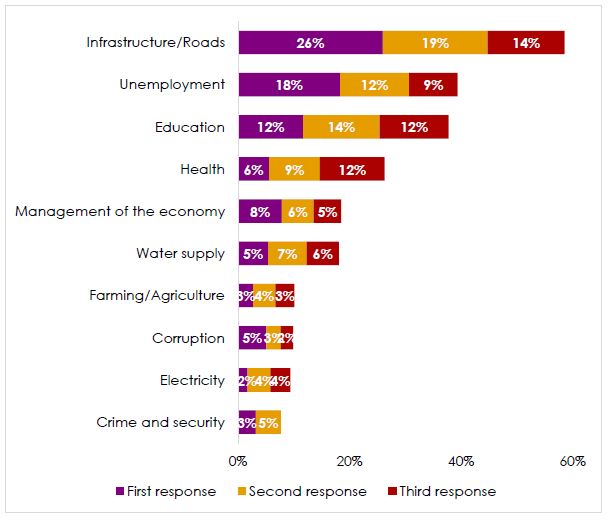
A new Afrobarometer survey indicates that Ghanaians are most concerned about the deficit of infrastructure and roads.
This survey marks the first time since 2002 that infrastructure and roads topped the list of citizens’ priority problems.
The second most concern for Ghanaians was unemployment, followed by education, health, the economy, water supply, agriculture, corruption, electricity and security.
A statement from the Center for Democratic Development noted that Citizens’ ranking of their most important problems is fairly consistent regardless of respondents’ region, age, or urban-rural location, but the groups’ relative emphasis on these problems varies.
Concerns about infrastructure and roads are highest in three of the newly created regions – Bono East, Oti, and North East – and lowest in Greater Accra and Upper East.
Older and rural residents place a higher premium on infrastructure and roads, while youth and urbanites prioritize unemployment.
The survey also shows that only a few Ghanaians say the government has done “a lot” or “somewhat” in addressing their most important problems since it assumed office in January 2017.
Government’s 2020 budget has earmarked GH¢9.3 billion for infrastructure projects.
The Finance Minister in delivering the 2020 budget statement stressed a focus on fixing roads across the country in 2020 and beyond.
The government identified what it described as “critical roads” across each of the 16 regions in the country.
The Finance Minister also said Cocobod has also secured funds to continue with ongoing and new cocoa roads.
The commitment to roads came at a time of increasing citizen agitaitons over the state of roads accross the country.
A number of communities have risin in protest because of the poor state of thier roads.
The CDD hopes that these survey findings will inform Parliament’s current debate on the budget statement “and provide a basis for Parliament and citizens to monitor government’s disbursement of the funds allocated for infrastructure projects to ensure that citizens’ aspirations are met.”
Key figures
Six in 10 Ghanaians (59%) cite infrastructure/roads among the first three problems they want the government to address. It is followed by unemployment (39%), education (38%), and health (27%)
Concerns about infrastructure and roads are highest in Bono East (88%), Oti (75%), and North East (72%) regions; fewer than half of residents in Greater Accra, Upper East, Savannah, and Eastern regions cite this problem (Figure 2).

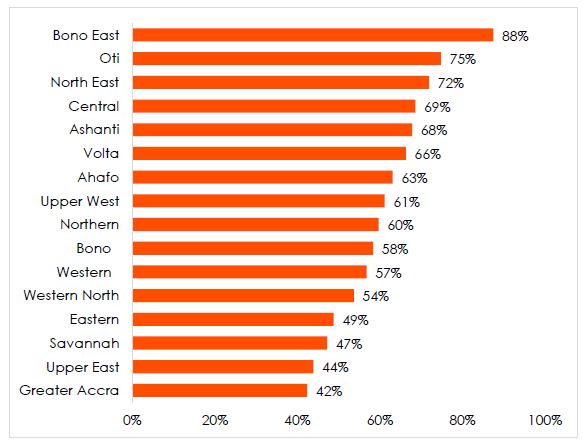
Concerns about infrastructure and roads increase with age (cited by 65% of citizens aged 56 and above, compared to 57%-58% among younger cohorts). Young adults are more likely than the elderly to cite unemployment (14-percentage-point difference) and education (5-point difference).
Rural residents are more likely than urbanites to cite infrastructure/roads, water supply, farming, and electricity as their most urgent problems. Urban residents, on the other hand, are 16 percentage points more likely than their rural counterparts to be concerned about unemployment and twice as likely to cite corruption and crime/security.
Only one in six Ghanaians (17%) say the government has done “a lot” or “somewhat” in addressing their most important problems since it assumed office in January 2017
The post Ghanaians’ most important problems are roads, infrastructure – Afrobarometer report appeared first on Citinewsroom - Comprehensive News in Ghana, Current Affairs, Business News , Headlines, Ghana Sports, Entertainment, Politics, Articles, Opinions, Viral Content.
Read Full Story
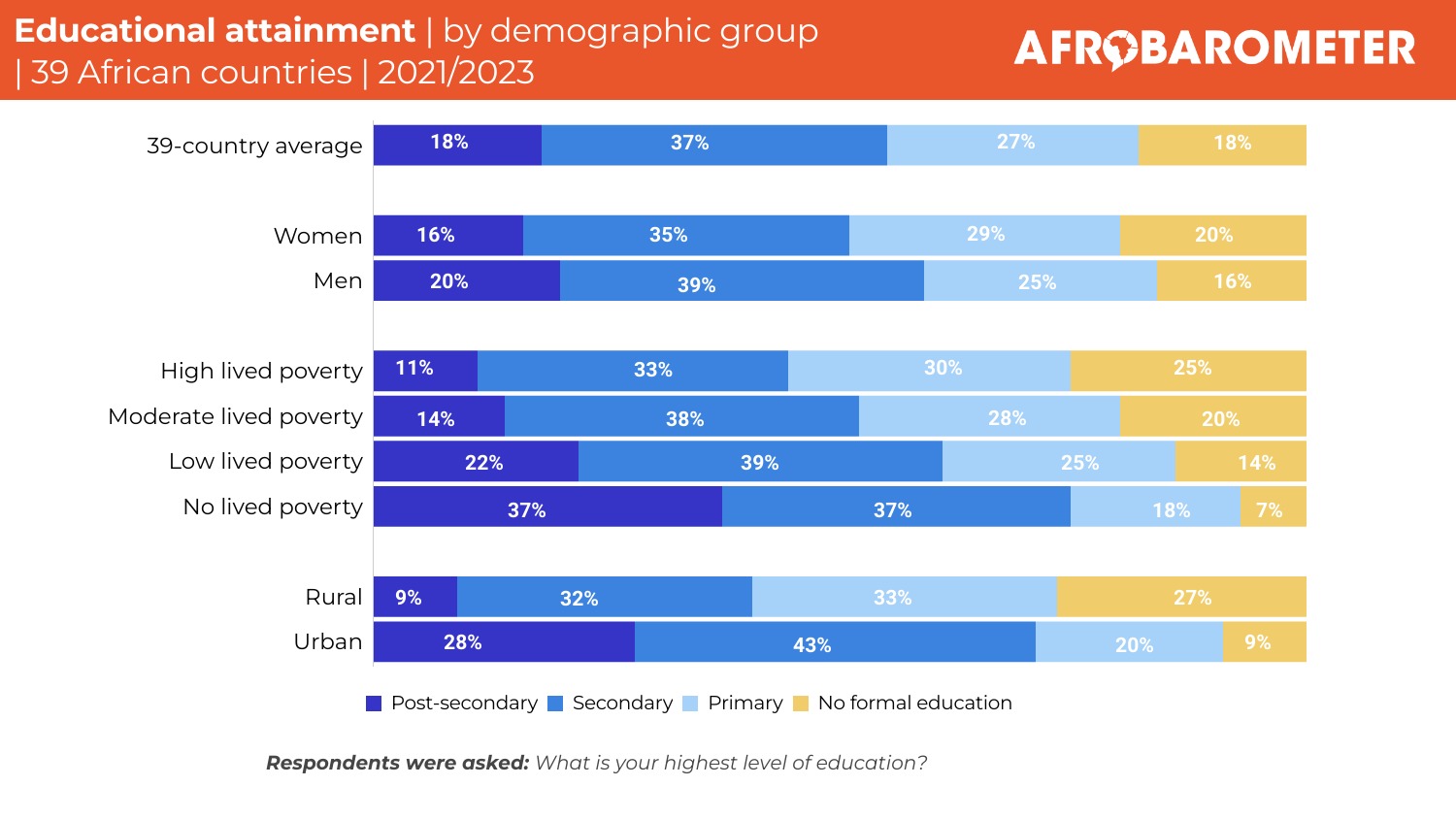

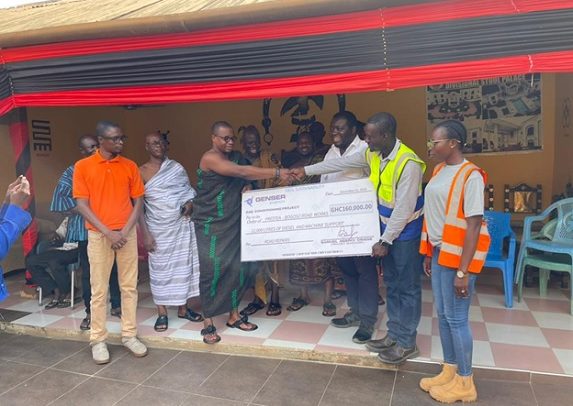

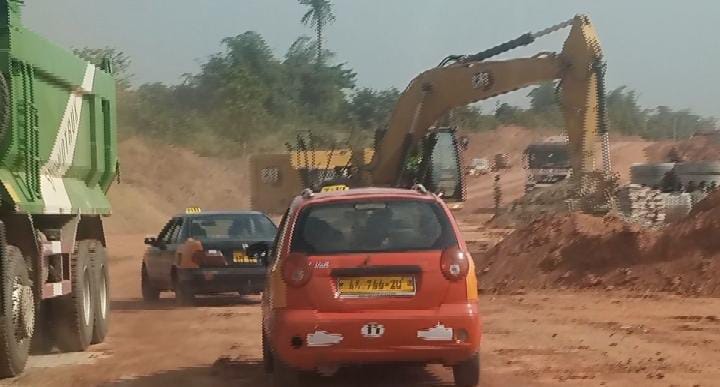












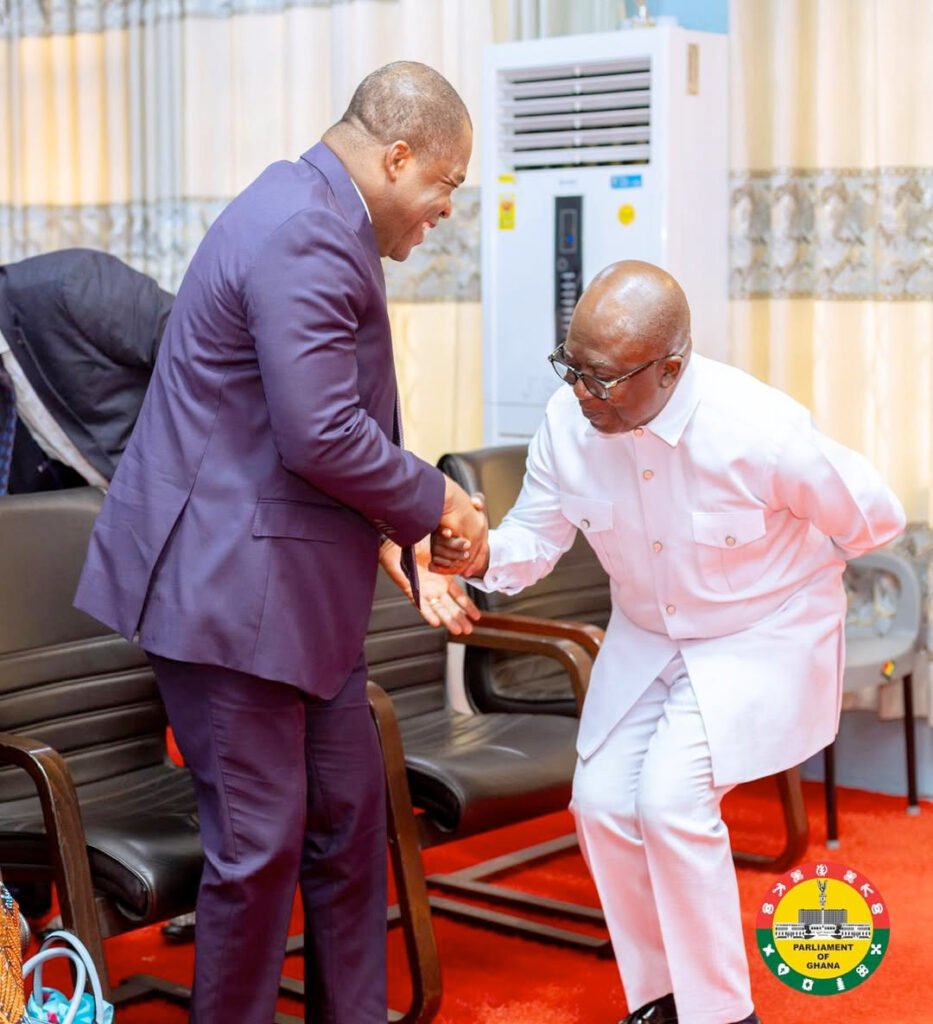
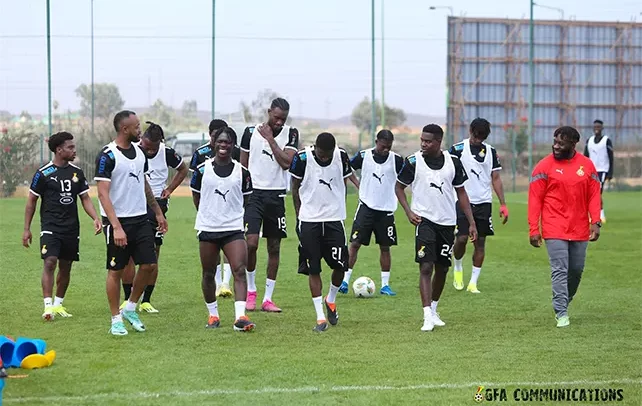
Facebook
Twitter
Pinterest
Instagram
Google+
YouTube
LinkedIn
RSS